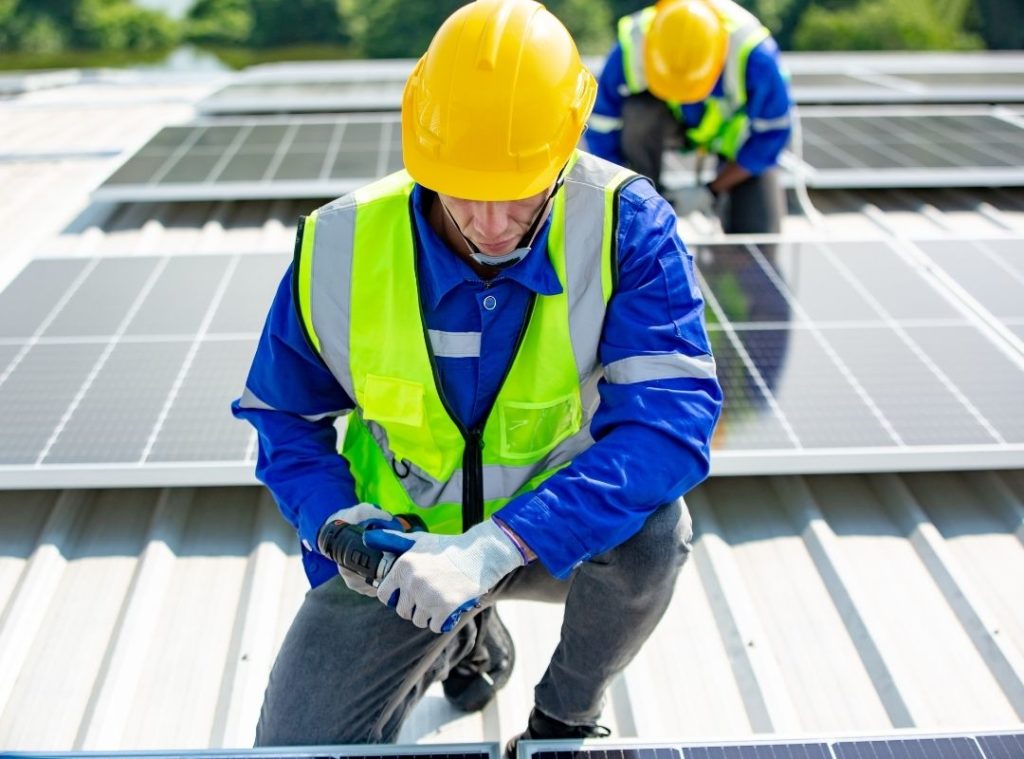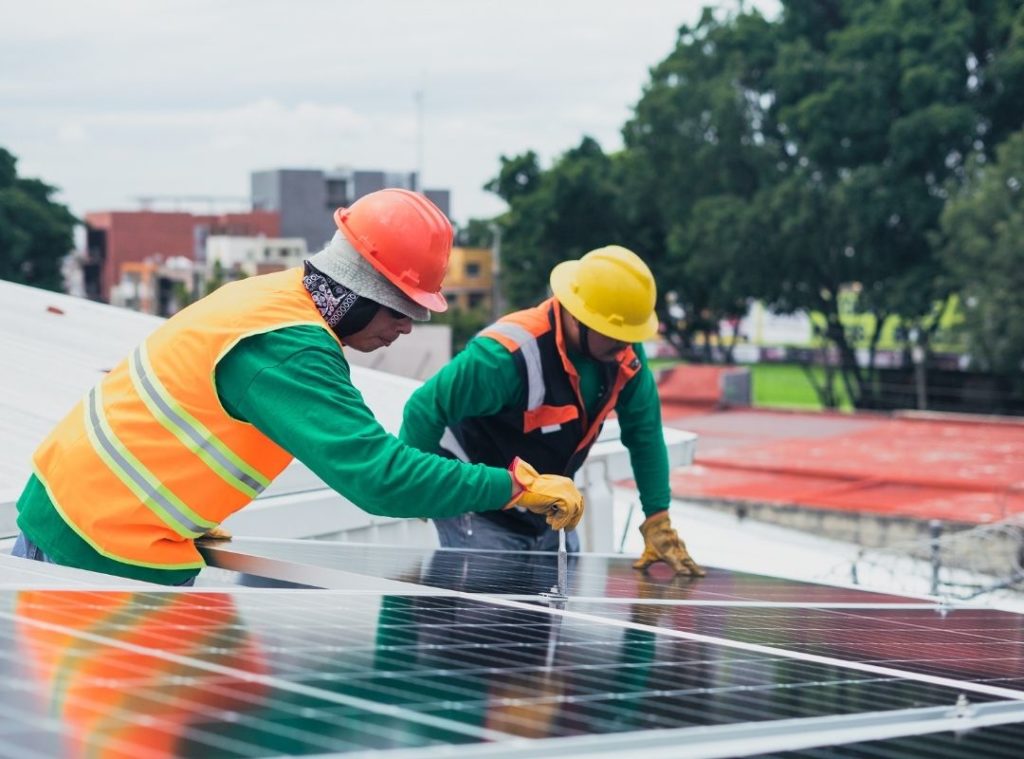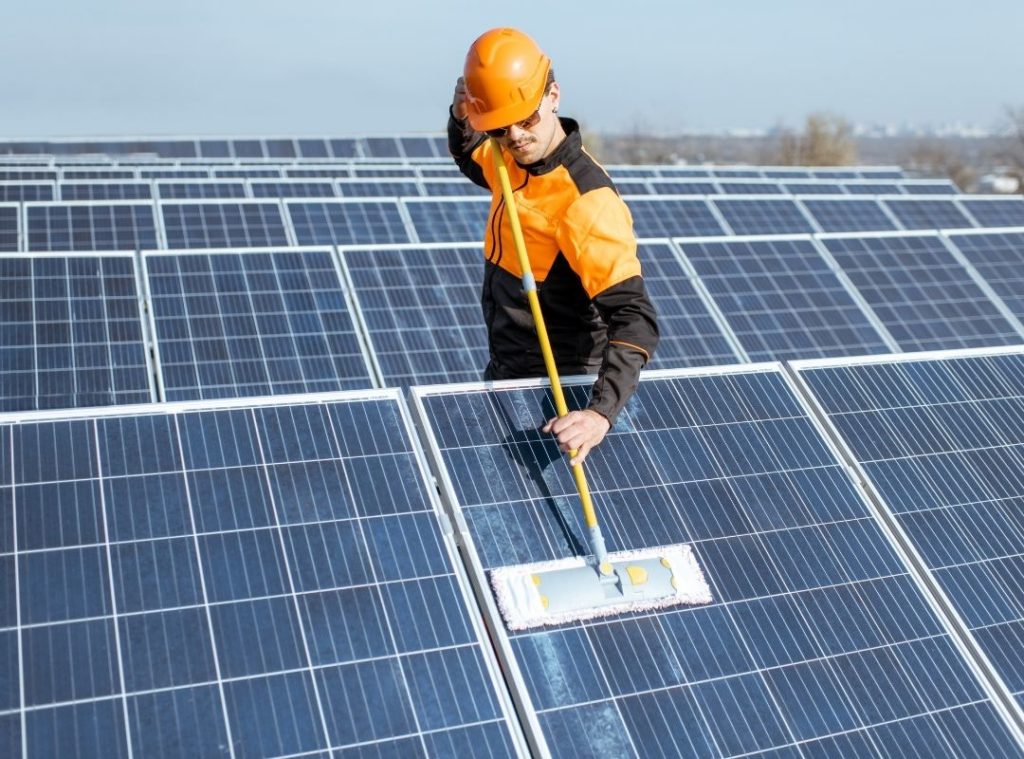As the world progressively shifts towards renewable energy, solar panels have emerged as a household name. While they offer numerous benefits, from reducing electricity bills to decreasing carbon footprints, their efficiency hinges significantly on maintenance. In fact, without proper upkeep, solar panels may lose 10-25% of their operational efficiency. This article delves into comprehensive strategies to maintain solar panels, ensuring they operate at optimal capacity and provide a robust return on investment. From understanding how efficiency works to actual maintenance practices, we will explore the spectrum of proactive steps every solar panel owner should consider.
Solar Panel Efficiency
Solar panels’ efficiency refers to the measure of sunlight that can be converted into usable electricity. The higher the efficiency, the more power generated. It’s crucial for consumers to recognize that while solar panels are engineered for efficiency, their actual performance can deviate because of several variables. These factors include the angle of installation, the amount of sunlight (shading and weather), and even the type of solar cells used. Acknowledging these nuances provides a backdrop against which maintenance can be contextualized, emphasizing its importance.
Beyond installation, the environment plays a critical role in the efficiency of solar panels. Harsh weather conditions, temperature extremes, and physical obstructions like snow or debris can impact the amount of sunlight that reaches the panels. Consequently, understanding these challenges is the first step toward effective maintenance. It’s not just about ensuring functionality; it’s about optimizing the output amidst these varying conditions to guarantee that the energy conversion process is as efficient as possible.
Common Causes of Solar Panel Efficiency Degradation
The degradation of solar panels is an inevitable process, often caused by unavoidable environmental factors. For instance, dirt and debris can accumulate on the panel surface, obstructing sunlight. While this may seem harmless, studies indicate that accumulated dirt can cause a significant decrease in energy production. Similarly, extreme weather conditions — be it hail, heavy wind, or snow — can cause physical damage, impacting efficiency.
Another nuanced cause of efficiency loss is potential-induced degradation (PID). PID results from stray currents triggered by voltage differences within the solar array, leading to power loss. This is often a design issue linked to system installation and can be exacerbated by high humidity and temperature. Additionally, solar panels naturally degrade over time. With each year, they may lose a small percentage of performance capacity — a process accelerated without proper maintenance.

Routine Cleaning and Maintenance
Regular cleaning is paramount to maintain solar panel efficiency. When panels aren’t cleaned, residues like dust, bird droppings, and leaves can accumulate, significantly diminishing the sunlight reaching the cells. Cleaning methods vary, ranging from simple techniques like using a garden hose to wash off loose materials to employing specialized cleaning kits designed for solar panels. While automated cleaning solutions exist, they may not be economical for smaller installations.
Regardless of the method, safety should be the top priority, particularly for panels installed in high or hard-to-reach places. In such instances, professional cleaning services are beneficial. These experts can perform comprehensive cleaning, using appropriate equipment and solutions. Moreover, seasonal factors must be considered — for example, panels may need more frequent cleanings during dry, dusty months, or following heavy pollen falls in the spring.
Protecting Your Solar Panels from Environmental Stress
Environmental stressors pose significant threats to solar panels. In regions prone to heavy snowfall or high winds, panels can suffer from physical damage, thus it’s prudent to install protective measures, such as sturdy mounts or shields. In addition, applying coatings on the panels can help ward off a substantial amount of environmental stress, including scratch-resistant layers to mitigate damage from debris during storms.
Vegetation control is also essential. Overgrown trees not only cast shadows but can also deposit leaves and sap on the panels. Regular trimming of foliage and strategic landscaping help prevent such issues. Moreover, for areas with heavy snowfall, the installation of solar panel snow rakes, or similar accessories, helps in safe snow removal, ensuring panels remain clear and functional during winter months.
Technological Solutions for Efficiency Maintenance
The solar power industry continually evolves, with technological advancements playing a crucial role in maintenance and efficiency. For instance, solar panel coatings have been developed to reduce the amount of dirt and dust that sticks to the panels, ensuring they perform at optimal efficiency. There are also advanced monitoring systems available that allow real-time tracking of solar panel performance, enabling owners to detect and respond promptly to issues.
Additionally, innovations such as microinverters and power optimizers have revolutionized solar panel systems’ efficiency. Unlike traditional systems where all panels are connected in a series circuit, these technologies allow each panel to operate independently, mitigating efficiency loss due to shading or debris on one panel. By embracing these technologies, users can significantly enhance their system’s overall efficiency, ensuring each panel contributes its maximum potential.

Regular Professional Check-ups and Repairs:
Regular professional inspections are an investment in the longevity and efficiency of your solar panels. Certified technicians can perform comprehensive checks more effectively than the average homeowner. They can identify potential issues that may not be obvious to the untrained eye, such as micro-cracks, corrosion, or wiring problems. These routine check-ups can prevent minor issues from escalating, saving money in the long run.
Understanding the terms of your solar panel’s warranty is crucial. Most warranties cover panels for a considerable period, sometimes up to 25 years. However, they often require professional maintenance and repair, meaning DIY fixes could void the warranty. Working with a reputable company for your check-ups and repairs ensures that you adhere to warranty terms and can make claims if necessary. Moreover, these experts are equipped to make recommendations for optimizing the system’s performance.
Conclusion
In conclusion, maintaining solar panels is a multifaceted process that requires a thorough understanding of various efficiency factors and a commitment to regular upkeep and protection. Ensuring your solar investment requires a combination of routine cleaning, professional inspections, and the adoption of innovative technologies for optimal performance. It is not only about preserving the functionality of the panels but also about securing financial savings and environmental benefits over the long term.
For comprehensive care and maintenance services, reaching out to experienced professionals like Advosy Energy is advisable. With a robust portfolio in handling solar panels, Advosy Energy offers expertise in inspections, cleaning, and efficiency optimizations, ensuring your solar system delivers maximum performance year-round. Contact Advosy Energy for your solar maintenance needs and join the movement towards efficient, sustainable energy solutions.

